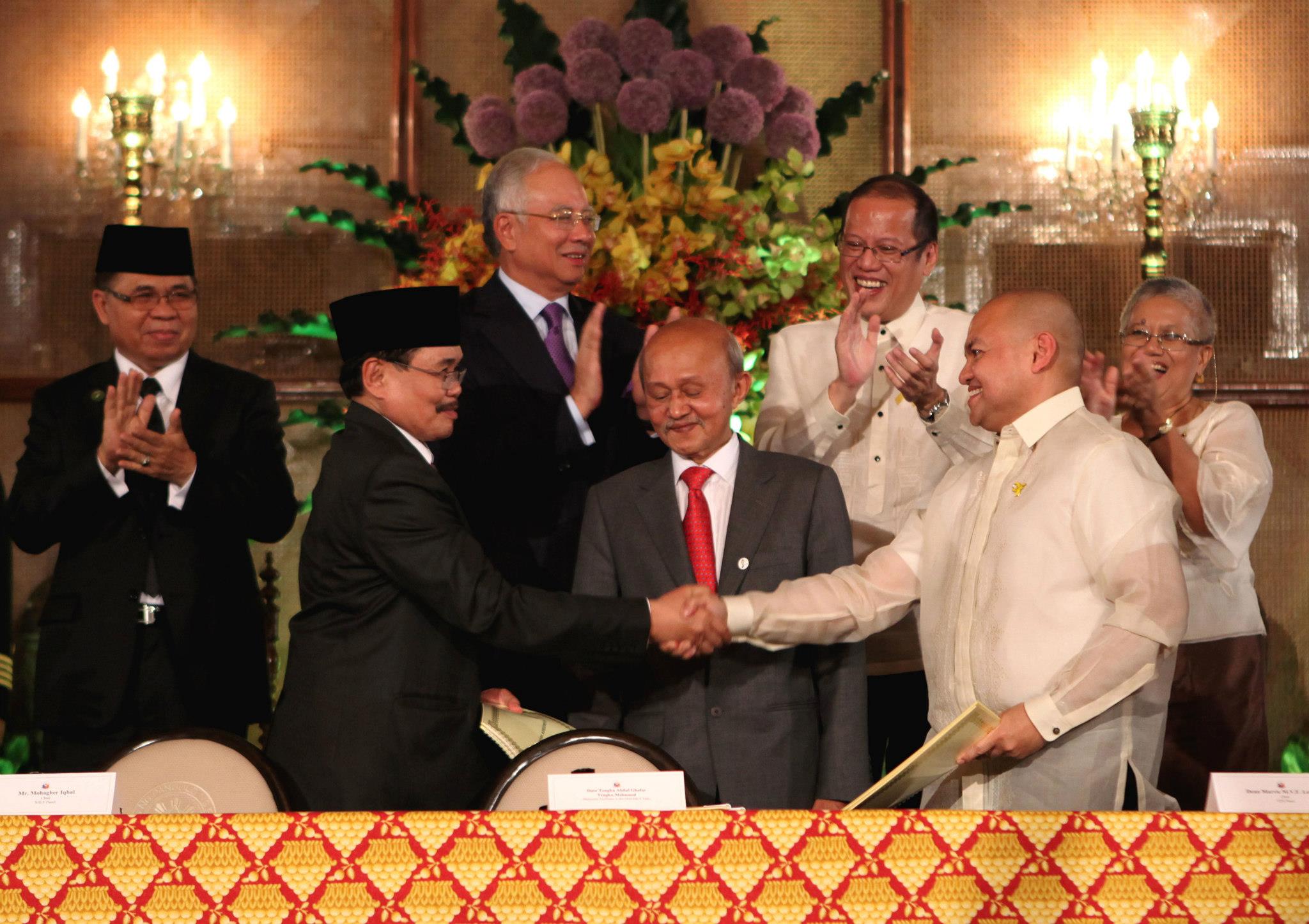This morning, the Supreme Court dismissed the human rights claims of a group of Nigerian nationals against Royal Dutch Petroleum (Shell) under the Alien Tort Statute (A.T.S.) in a 9-0 decision, though the justices split 5-4 as to the reasoning. For the original opinion, see: Kiobel v. Royal Dutch Petroleum Co., 569 U.S. ___ (2013)
Justice Roberts delivered the opinion of the Court on behalf of 5 justices. First, the Court held that the presumption against extraterritoriality, explained with force in Morrison v. National Australia Bank, 561 U.S. ___ (2010), applies to the statute and the federal common law cause of action under the statute. Second, the court found nothing in the statute’s language or history to rebut the presumption. Third, there are no facts to rebut the presumption in the instant case. Fourth and finally, the Court justifies its solution as preventing the ‘diplomatic strife’ that may arise from judicial interference in foreign policy, an area that is traditionally reserved to the political branches. The Court implied that even if the primary norm that created the cause of action might not cause strife, the judicial search for secondary rules (such as corporate liability) may still do so.



 The NYU Journal of International Law and Politics is proud to once again partner with Opinio Juris for an online symposium around
The NYU Journal of International Law and Politics is proud to once again partner with Opinio Juris for an online symposium around